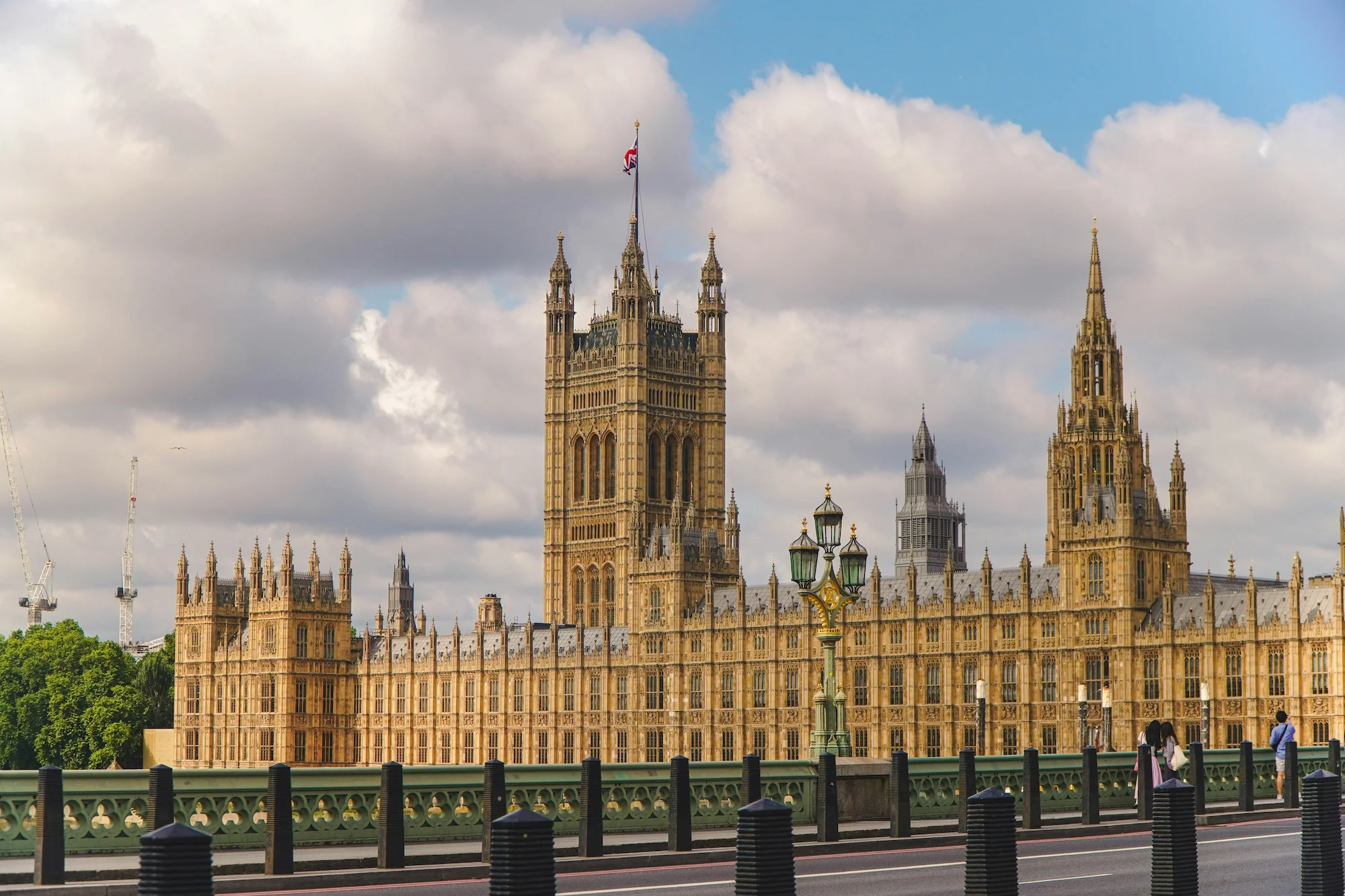Parliament’s Ongoing Focus on Pension Reform
Pension legislation is a constant feature of parliamentary activity in the UK. Whether it’s the Chancellor adjusting tax rules or the Department for Work and Pensions (DWP) overhauling private or state pension frameworks, changes are frequent. In June, the DWP introduced a comprehensive 114-page bill that, like many contemporary pieces of legislation, leaves much of the specific detail to be defined by future regulations. This latest bill heralds significant reforms that could fundamentally alter your existing pension arrangements.
Key Reforms within the New Pension Schemes Bill
Pension Fund Consolidation: The Rise of ‘Megafunds‘
A primary objective of the government is to significantly reduce the number of defined contribution (DC) funds, which now receive the majority of employer and employee pension contributions. To achieve this, the bill mandates that, with limited exceptions, the main default investment fund of multi-employer schemes must reach a value of at least £25 billion by 2030. This ambitious target implies that many existing schemes will need to merge, forming large ‘megafunds’, bringing the UK’s pension structure more in line with models seen in countries like Australia. Similar provisions, though without the £25 billion threshold, are also included for the consolidation of default funds within contract-based schemes, such as group personal pensions.
Tackling Small Pension Pots
The success of automatic enrolment into workplace pensions has inadvertently created a challenge: many job-changers now accumulate numerous small pension pots. These small pots can be inefficient and costly for both employees and pension providers. The new Bill empowers the government to consolidate DC pension pots valued at up to £1,000 into a single scheme that is certified to offer good value. However, full implementation of this initiative is not expected until after 2030, once the market for larger ‘megafunds’ is well-established.
Encouraging Investment in Private Assets
One of the key justifications for the creation of megafunds is that their substantial size will enable investment in a broader range of assets. This includes specialist private markets such as venture capital, infrastructure, property, and private credit – areas where the government aims to stimulate greater UK investment but lacks the direct financial capacity to do so. The Bill grants the government a reserve power to mandate that megafunds invest a minimum amount in these specialist areas. Background documents suggest this minimum is currently planned to be 10%, with at least half of this allocation specifically directed towards UK-based investments.
These proposed changes will take time to be fully implemented and work through the system. However, it is highly likely that by the early 2030s, your pension arrangements could look significantly different from today.
What It Means for You
Understanding how these upcoming pension reforms might affect your personal retirement plans is crucial. For tailored advice on your existing pensions and to navigate the evolving pension landscape, please do not hesitate to contact the expert team at Chartwell Wealth Management.
The value of your investment and any income from it can go down as well as up and you may not get back the full amount you invested. Past performance is not a reliable indicator of future performance.





